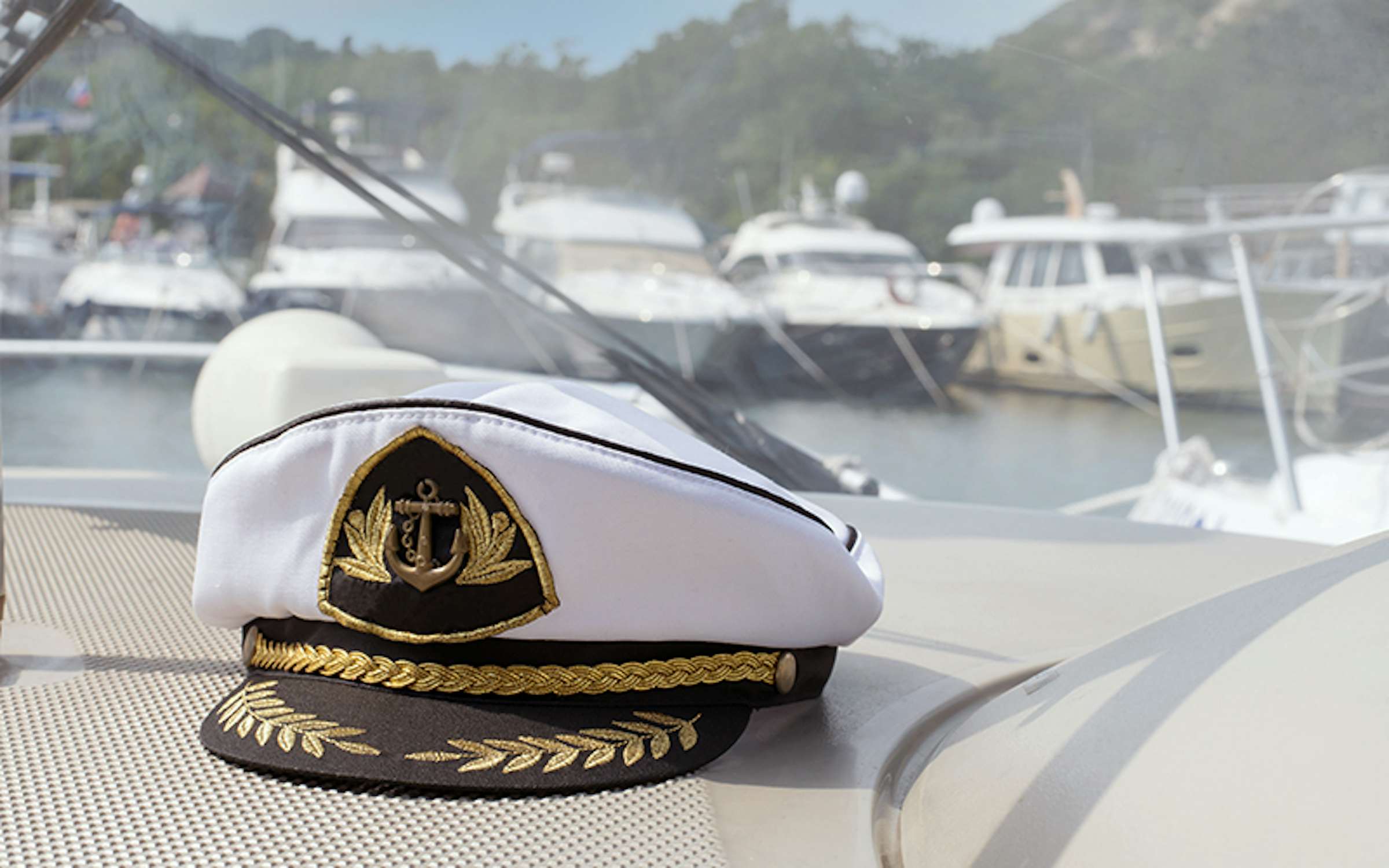
Skipper responsibility
There’s no shirking your responsibilities if you’re a skipper - it’s as simple as that.
The skipper is legally responsible for the safety of the boat and all the people on board and is also responsible for complying with all the relevant rules and regulations. Every boat, regardless of size, must have a skipper.
If you want a short, sharp explanation of what a skipper’s responsibilities entail, then here you go:
- Know the maritime rules
- Ensure lifejackets are carried onboard or worn at all times
- Know your bylaws
- Avoid alcohol
- Stick to safe speeds.
On point number one above, Maritime New Zealand warns that ignorance of any maritime rules or regional bylaws is not accepted as an excuse. While no licence is required to operate a pleasure boat in NZ, failure to comply with the rules and bylaws can lead to instant fines or prosecution.
Maritime New Zealand recommends some form of boating education to ensure a solid understanding of the “rules of the road on the water”.
Exactly what those ‘road rules’ are is outlined in a Maritime New Zealand magazine article. These include keeping a proper lookout, understanding and operating within the speed limits, knowing what to do when two boats meet, and protocols around overtaking and giving way. The article also emphasises a skipper’s responsibility to check the weather forecast and tide times, to carry the approved forms of communication, and liaise with Maritime Radio, or with the local Coastguard or marine radio service (if your boat has a VHF radio).
As one would expect, Coastguard NZ has plenty to say about skipper responsibility. Too often they see the carnage that can result when this is not adequately displayed. Skippers must have the know-how to manage the risks of being on the water.
A skipper holds both a legal and moral responsibility for those on board, and if that sounds daunting, rest assured there is a Coastguard Boating Education course that will ensure would-be skippers are up with the play. Courses cover all the things a responsible skipper needs to know, including appropriate safety checks, how to correctly operate your boat and equipment, what safety gear you need and how to use it, what to do in an emergency, navigation, reading charts, understanding buoys and beacons, and much more.
The Coastguard website points out that while buoys and beacons act as signposts on the sea, indicating where safe water is, skippers should always consult a local chart to identify potential hazards lurking below the water. If the interpretation of such charts is tricky, there’s a specific boating course that will assist.
Such courses lead to competence, but in addition, there’s the need as a skipper to scrupulously check everything. A Yachting News article on skipper responsibility references this. It says skippers must fastidiously check that everything on board is orderly, that equipment is efficient and reachable, that life-saving gear is handy and appropriate, and that weather conditions are suitable for the boat and its course and passengers. There’s also a need to inform those on board about the use of onboard equipment (such as safety gear), preferably in a non-alarming way.
In addition to all of the above, Bay of Plenty Regional Council’s advice to skippers also includes a few other pointers:
- Never overload your boat with people or equipment
- Make sure everything on board is properly stowed and secured
- Always maintain your boat, its motor, electrics, and equipment
- Check everything before you head out
- Listen for regular updates while you are out on the water
- Report any oil or fuel spills to the 24-hour pollution hotline on 0800 884 883
- Report any maritime incidents/accidents to the harbourmaster and Maritime New Zealand immediately.